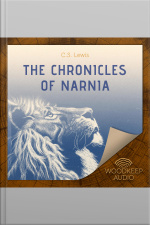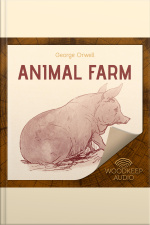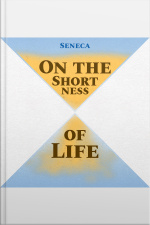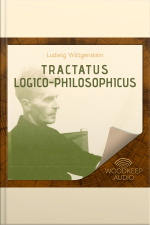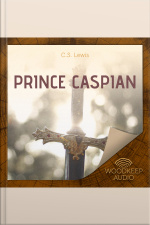The Chronicles of Narnia is one of the most famous and beloved series of fantasy novels, having sold over 100 million copies. The seven part series was published between 1950 and...
‘Fear and Trembling’ is a philosophical work by Søren Kierkegaard, published in 1843 under the pseudonym Johannes de Silentio (John of the Silence). The title refers to a...
Daniel Defoe (1659 or 1661 - 1731) was an English writer and journalist who gained enduring fame for his novel Robinson Crusoe. In 1665, the bubonic plague swept through London,...
The allegorical novella ‘Animal Farm’ by George Orwell was first published in 1945. It is the story of farm animals that rebel against the farmer, intending to establish a...
Nikola Tesla (1856-1943) was a Serbian-American inventor, engineer, and physicist. In his work "Talking with Planets", the prodigious inventory describes receiving radio waves...
‘The Practice of the Presence of God’ is a collection of the teachings of Brother Lawrence of the Resurrection (Nicolas Herman, c. 1614 – 1691), a 17th-century Carmelite...
Lucius Annaeus Seneca, known as Seneca the Younger (c. 4 BC – AD 65), is the author of ‘On the Shortness of Life (c. 49 AD).’ In it, Seneca draws insight from different...
Nikola Tesla believed that every living being is an engine geared to the wheelwork of the universe. Though seemingly affected only by its immediate surrounding, the sphere of...
The Tractatus Logico-Philosophicus is a classic work of philosophy by the Austrian philosopher Ludwig Wittgenstein. Written during World War I, The Tractatus consists of seven...
'Prince Caspian' is the fourth novel in 'The Chronicles of Narnia' series. It tells the story of Caspian, a Telmarine prince, who enlists the help of the Pevensie children to...
